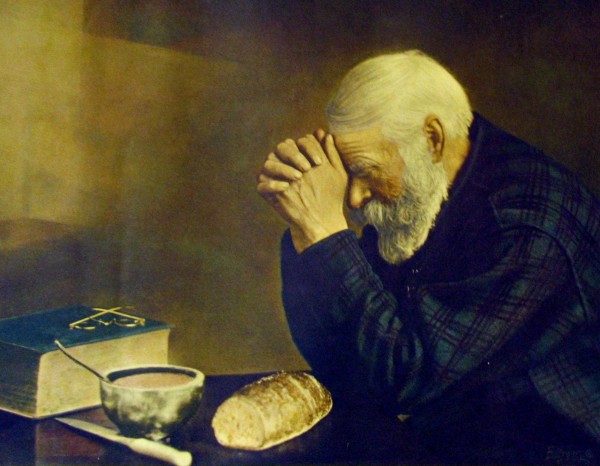Thankful Thursday: Conversion
 Thursday, January 5, 2012 at 3:34PM
Thursday, January 5, 2012 at 3:34PM 
Today, I’m thanking my heavenly Father for my conversion. Because it is God
…who … has shone in [my heart] to give the light of the knowledge of the glory of God in the face of Jesus Christ. (2 Corinthians 4:6 ESV)
it was “by God’s doing” that I knew what I knew. It wasn’t because I was a spectacularly precocious five year old; it wasn’t because it was a extraordinarily powerful sermon. It was by God’s doing: God’s saving grace, his enlightening and regenerating grace.




